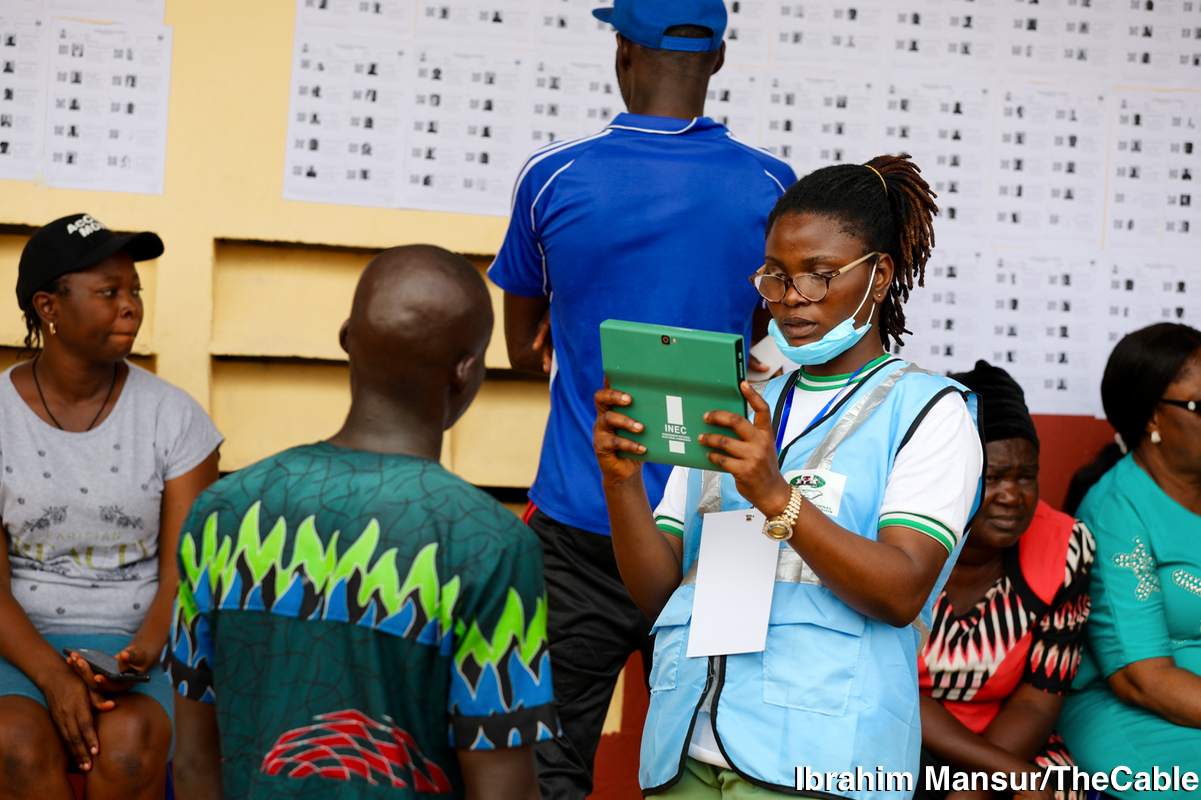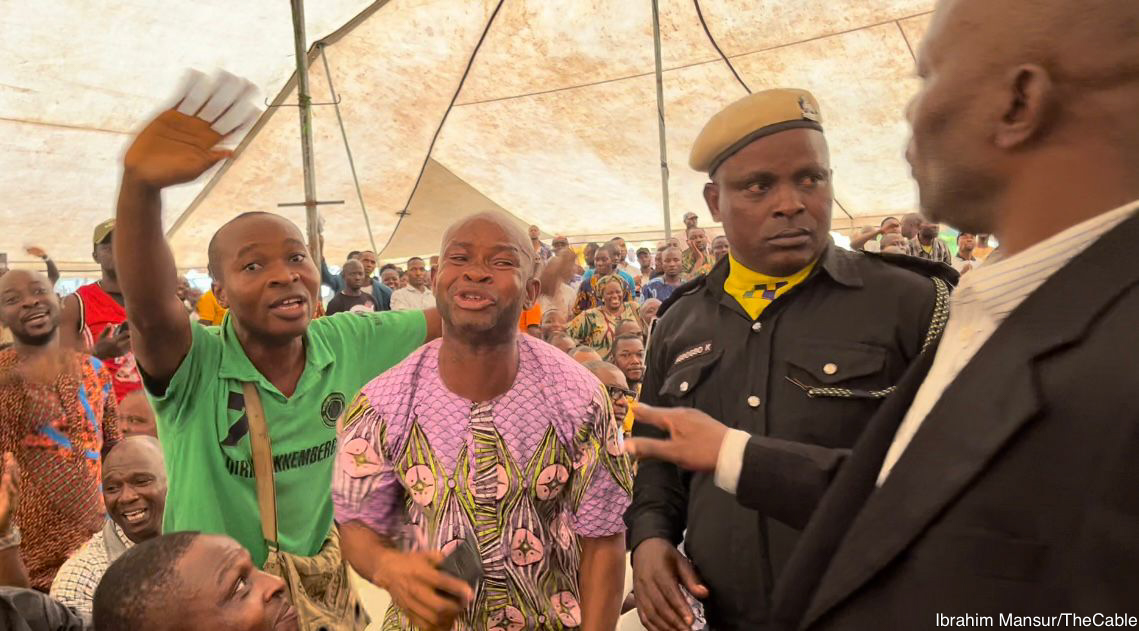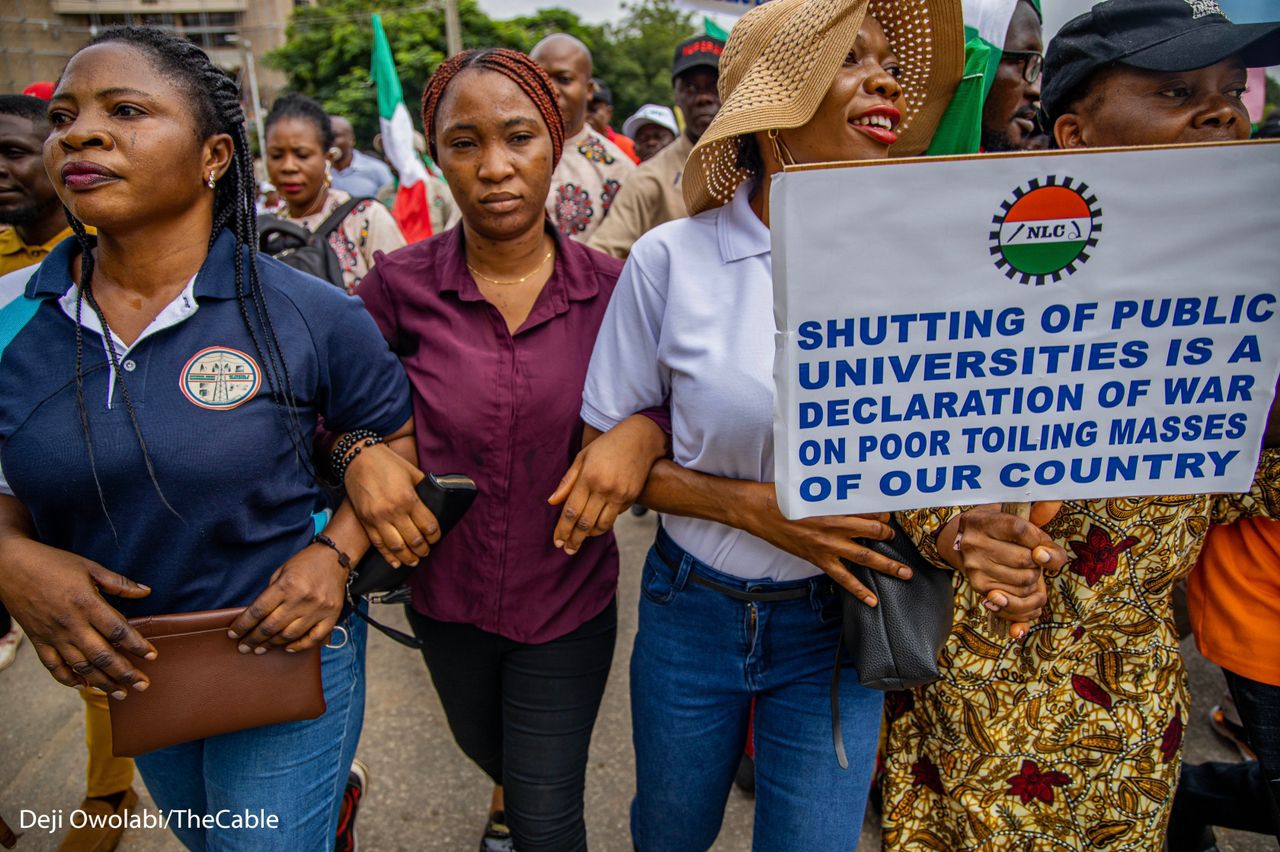In the last 48 hours, you may have read some reports making the rounds that the Independent National Electoral Commission (INEC) has “delisted” one million newly-registered voters.
This may have left you confused and probably suspicious of an attempt to disenfranchise some Nigerians ahead of the 2023 general election.
Let’s take a quick trip down memory lane.
In June 2021, the commission began the continuous voter registration exercise (CVR) and launched a portal where Nigerians could register or request to update their voter information before they complete the process physically at designated centres.
Advertisement
The CVR ended on July 31 — thirteen months after it began.
Following the suspension of the exercise, INEC revealed that the number of persons who completed their registration is 12,298,944.
So, what is the “delisting” gist all about?
Advertisement
CAN INEC “DELIST” VOTERS?
The simple answer is that INEC cannot delist a valid voter from its register, but can invalidate a registration that does not follow its rules.
After the end of the voter registration period, INEC carries out a process called the clean-up of the register of voters.
The commission said this is done using the Automated Biometric Identification System (ABIS).
Advertisement
During this process, registrations that are deemed invalid are identified and then removed from the system.
When the clean-up is completed, INEC will publish the list of new valid voters to enable it go under scrutiny, claims and objections by citizens as required by section 19 (1) of the electoral act 2022.
The commission will then add the valid registrants to the already existing national register of voters and publish it nationwide.
With regards to the recently-concluded voter registration exercise, INEC has said it would provide the public with the full information after the clean-up process is completed.
Advertisement
1M NEW VOTER REGISTRATIONS INVALIDATED
In April, INEC announced that it had found one million invalid registrations after it finished the clean-up of data for the first and second quarters of the CVR exercise, which lasted from June 28, 2021 to January 14, 2022.
Advertisement
Mahmood Yakubu, INEC chairman, had said of about 2,523,458 Nigerians that completed their voter registration within that period, 1,126,359, representing about 45 percent, were found by the commission to be invalid and were removed.
On Monday, while announcing that the commission is currently cleaning up the register for January 15, 2022 to July 31, 2022, the chairman reminded the public of the over one million new registrations for the first and second quarter that was found to be invalid.
Advertisement
SO, WHAT MAKES A VOTER REGISTRATION INVALID?
INEC has previously given reasons why a registration will be labelled as invalid. According to Festus Okoye, INEC commissioner for voter education, these reasons include:
Advertisement
- Double/multiple registrations. This is when an individual who has previously registered to vote does so again. Okoye said in this case, the commission invalidates and removes the newer registration(s) and leaves the already existing one.
- Visibly underaged. According to section 12(1) of the electoral act, a person shall be qualified to be registered as a voter if such a person has attained the age of 18 years.
- Suspicious registrations.
“Some already registered persons registered again relying on misinformation and disinformation that PVCs issued before 2011 have expired. Some persons who are registered and lost their PVCs pretended to be persons that have never registered and registered again,” Okoye told TheCable.
“Suspicious registrations are targeted. We use the Automated Biometrics Identification System(ABIS) to match fingerprints and facials. We also carry out adjudication. Looking at suspicious pictures and fingerprints. We also target visibly underaged.”
WHY DOES INEC NOT IDENTIFY DOUBLE REGISTRATIONS FROM THE POINT OF REGISTRATION?
Speaking recently in an interview with Arise TV, Okoye said the commission has the capacity to identify double registrations at the point of registration but decided not to do so to speed up the process.
“We have the capacity to detect double and multiple registrants at the point of registration using our voter enrollment device,” he said.
“But we made a determination not to enable the device because it will take some time searching through the database of 84 million registered voters and that will keep people on the queue for too long. So, we decided not to enable it at the point of registration in order to speed up the process.”
In other words, INEC did not delist voters. The commission can only invalidate some voter registrations based on the reasons cited in this article.
Add a comment






